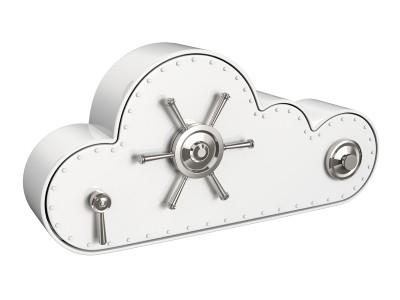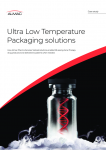Survey finds CROs far from going paperless with TMFs

The Veeva 2014 Paperless TMF Survey, the largest survey to date on the state of eTMF adoption and the industry’s progress toward a paperless trial, reveals that CROs manage more paper documents than sponsors across all functional areas.
However, CROs are more likely than sponsors to use outdated, unstructured processes to exchange TMF documents with external parties. Email and paper are the dominant means for CROs to exchange TMF documents with parties including sponsors, sites, regulatory bodies, and IRBs/IECs.
Eight in 10 CROs surveyed report using email to exchange TMF documents with sponsors as well as sites. A majority of sponsors also rely heavily on email (64%) to exchange documents with CROs, but sponsors more often use portals (63%) to exchange TMF documents with sites.
About 20% of CROs and 15% of sponsors use an eTMF applications, such as Veeva Vault eTMF, which was recently adopted by CRO inVentiv. Content management systems (CMS) are used by roughly one third of sponsors and CROs. In addition, half of CRO respondents with an eTMF report using a file share, whether a local file storage system or a cloud file share.
Other key findings include:
- Almost all CROs (94%) report collecting study metrics and 20% are using them extensively to improve study execution;
- CROs are more likely to adopt an eTMF for expected cost savings (63%) than sponsors (51%);
- CROs want more mature eTMF capabilities than sponsors, such as integration with other clinical systems, tracking and reporting capabilities, and electronic forms.
“Sponsors and CROs are largely similar in which departments manage most or all of their TMF documents on paper,” the survey found. Document-intensive departments such as legal, clinical operations, and clinical records manage the most paper documents, whereas data-driven areas such as biostatistics use the least.
And perhaps the findings from this survey should not be taken lightly as overall, CROs report greater benefits than sponsors in all areas measured.
CROs and sponsors also see e-signatures, electronic forms, and secure external access as the foremost capabilities necessary to move to a paperless system. Despite a current reliance on paper and email to exchange TMF documents with external parties, 67% of CROs want to provide sponsors and other partners direct access to the TMF.

















